Hi Dave – What should you do if no one is laughing or if you realize that you are starting to bomb? – A.B.
Hey A.B. – Duck and cover.

On stage excitement!
Okay, that’s probably not the answer you were looking for. So, here’s another one that I’ve seen actually work.
But first, a quick definition.
Some readers may not know exactly what bombing means. It’s when you’re on stage doing your best to entertain — whether you’re a comedian or a humorous speaker — and absolutely nothing is working. The audience isn’t laughing, you start to panic, you begin to sweat, and you’re convinced everyone in the room hates you.
That’s Bombing 101.
And if you ever get used to it, you’re in the wrong business. I don’t know a single comedian who hasn’t gone through it. And if one claims they haven’t, they’re just playing a joke on you.
The dedicated comics never let bombing stop them. But the smart ones use it as a learning experience – usually discovering what not to do next time.
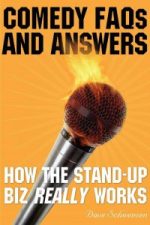 In my book Comedy FAQs and Answers, I talked with comedian George Wallace about this. Early in his career, he performed under the stage name The Reverend George Wallace and used a phone book as his “Bible.” The bit killed in New York City – until his first road gig in upstate New York.
In my book Comedy FAQs and Answers, I talked with comedian George Wallace about this. Early in his career, he performed under the stage name The Reverend George Wallace and used a phone book as his “Bible.” The bit killed in New York City – until his first road gig in upstate New York.
The audience hated it.
He was booked for an hour, and he did an hour, but it was a mega-ton bomb. Driving home, he felt so bad he actually thought about steering off a bridge.
But that night became a turning point. He swore he’d never let that happen again. He rethought everything about his act and his stage persona. The “Reverend” was gone — so was the phone book. He decided that if he was having fun on stage, the audience would too.
And if the audience is having fun, you’re not bombing.
If you’ve ever seen George Wallace perform, you know what I mean. The man is practically immune to bombing.
How to Turn It Around – In Real Time
So, what should you do when it’s happening to you?
Here’s a proven technique I’ve seen big-name comics use to turn a tough crowd around: talk TO and WITH the audience.
Seriously — I’ve seen it more times than I can count. When your material isn’t connecting, stop pushing it. Put the script aside for a moment and start engaging the people in front of you.
A Story from The Improv
When I was scheduling comics for the Hollywood Improv, one of our most reliable — and funniest – acts had a rare off night. His material was top-notch, but for whatever reason, the audience just wasn’t responding.
To my surprise, he did something I’d never seen him do. He took the microphone out of the stand, walked to the front of the stage, and started talking directly to the audience.
He kept it casual: “Where are you from?” “What do you do for a living?”
Simple questions that led to funny exchanges and real conversation.
Once the audience was relaxed and engaged, he stepped back, put the mic in the stand, and went back to his material. This time, they loved him. They got the jokes, laughed hard, and he walked off to huge applause.
Why It Worked
When I asked him about it later, he reminded me that most comedians start out as MCs – hosting shows, introducing acts, and learning how to warm up a crowd. The MC’s job is to get the audience laughing and involved.
And the best way to do that? Talk TO and WITH them.
It’s a skill every comic should learn early – one that can save you in a tough room. I saw comedians use this technique not only in Los Angeles, but also when I managed The Improv clubs in New York and Cleveland. It’s not luck or instinct – it’s a learned survival tool.
The Bottom Line
When you feel the energy dropping or your set slipping away, stop talking at the audience and start talking with them.
It’s the quickest way to rebuild the connection – and remind everyone, including yourself, that this is supposed to be fun.
And if that doesn’t work? Well, there’s always the old “duck and cover” method.
Thanks for reading and as always – keep laughing!

For details (and free 10-minute consultation) visit Private Coaching.
Click on the banner below to sign up for Dave’s free newsletter.



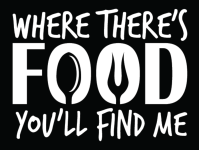
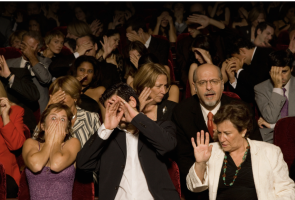
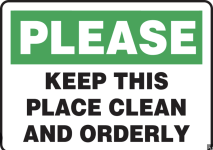





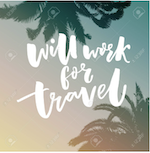


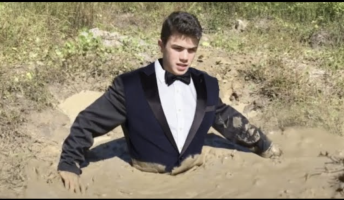
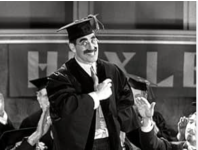

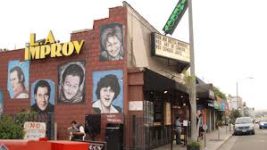 I’ve been the talent booker at The Improv in L.A., so trust me — I know how this works.
I’ve been the talent booker at The Improv in L.A., so trust me — I know how this works.
 I’m a classic rock fan, so let’s use The Rolling Stones as an example. On tour, they stick to a fairly consistent setlist. That’s necessary – stage lighting, video screens, pyrotechnics, and choreography all depend on knowing exactly what song is coming next and where Mick and Keith will be standing when the fireworks go off.
I’m a classic rock fan, so let’s use The Rolling Stones as an example. On tour, they stick to a fairly consistent setlist. That’s necessary – stage lighting, video screens, pyrotechnics, and choreography all depend on knowing exactly what song is coming next and where Mick and Keith will be standing when the fireworks go off.
